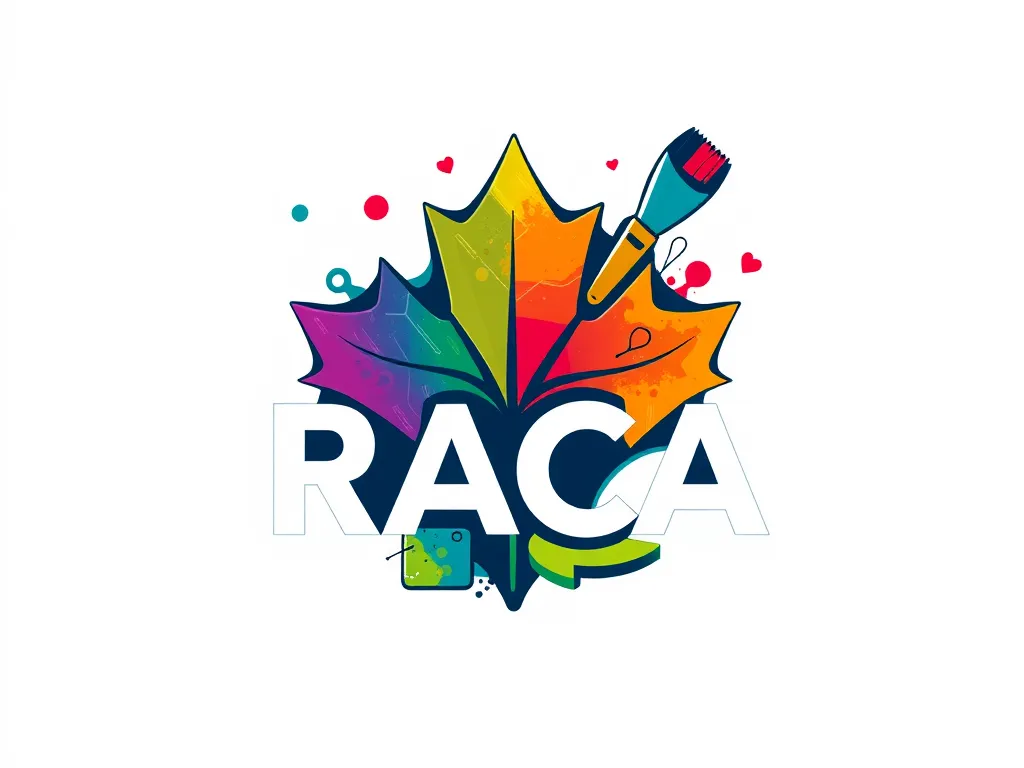Exploring the Evolution of Dumpster Rental History

The Comprehensive History of Dumpster Rental
Dumpster rental history is a fascinating journey that maps the evolution of waste management practices from rudimentary disposal methods to the sophisticated systems we see today. The term 'dumpster' comes from a brand name, invented in the 1930s, which revolutionized how we approach waste disposal. Over the decades, this concept has grown considerably, influenced by technological advancements, environmental considerations, and regulatory changes.
In the early days of waste management, refuse was typically collected and taken to open dumpsites. These unsanitary conditions were not only hazardous to public health but also detrimental to the environment. As urbanization increased, the need for better waste management solutions became imperative. The Dumpster rental history showcases the transition towards organized waste disposal systems, facilitating cleaner and more efficient urban living.
The introduction of the dumpster in the 1930s marked a pivotal moment in the history of waste disposal. Prior to this invention, waste was often placed in containers that were inconvenient and unsuitable for handling. The dumpster design allowed for easy access and collection, paving the way for commercial dumpster rental services that catered to businesses and residents alike. This innovation not only streamlined the disposal process but also helped shape our understanding of waste management practices today.
Over the years, the dumpster rental industry has adapted to meet the needs of a changing society. The growing concerns over sustainability and the environmental impact of waste disposal have prompted many companies to rethink their practices. The Dumpster rental history reflects a shift towards eco-friendliness, with an emphasis on recycling, reducing waste output, and promoting responsible disposal methods for various types of waste.
Understanding the dumpster rental history is vital to appreciating how far we have come in addressing waste management concerns. Each phase of development—from basic refuse collection to advanced waste disposal technologies—has contributed to a more organized and efficient system that supports environmental stewardship and public health. This rich history continues to evolve, responding to the ever-changing landscape of waste management and sustainability.
Origins of Dumpster Rental
The origins of dumpster rental can be traced back to early waste disposal methods where trash was simply discarded in open areas. This practice posed significant health hazards and environmental issues, compelling cities to find better solutions. The establishment of organized waste collection services began in the late 19th century, but the challenge of effectively collecting and transporting waste remained. Early containers were often poorly designed, leading to spillages and inefficiencies.
For those interested in the evolution of waste management, A Quick History of Dumpster Rental service provides fascinating insights.
In the 1930s, the dumpster was invented by a company called Dempster Brothers, which aimed to create a more efficient system for handling waste. This cylindrical steel container could be lifted by a specially designed truck, making the collection process quicker and cleaner. This innovation marked the introduction of dumpsters as we know them today and heralded the start of dumpster rental services.
Industrialization played a significant role in the transformation of waste management during the mid-20th century. The rapid growth of cities and industries led to an unprecedented amount of waste, necessitating more sophisticated systems for disposal. The dumpster became a staple in construction and demolition projects, allowing for the large-scale removal of debris and waste, which further popularized the rental market for dumpsters.
The Evolution of Dumpsters
The evolution of dumpsters has seen significant advancements in design and functionality. Initially designed for simple waste collection, modern dumpsters now come in various shapes and sizes, catering to different waste types and volumes. The inclusion of features such as wheels, locks, and lifting mechanisms have made them more user-friendly and efficient for all types of waste disposal needs.
Regulatory changes have had a profound impact on the dumpster rental industry, driving companies to adopt more stringent waste management practices. As governments and municipalities implemented laws regarding waste disposal and recycling, dumpster rental services were forced to adapt by incorporating more eco-friendly practices and adhering to local regulations to ensure compliance and maintain their operating licenses.
Technological advancements have also significantly influenced the materials used in dumpster production. Modern dumpsters are made from durable, lightweight plastics and metals that resist corrosion and wear, extending their usability. Innovations such as smart sensors that monitor waste levels can help optimize collection routes and schedules, further increasing efficiency in waste management.
Environmental Impact of Dumpster Rentals
The environmental impact of dumpster rentals has been a crucial topic as awareness of sustainability has grown. Many dumpster rental companies have embraced recycling initiatives, offering services specifically designed to separate recyclable materials from regular waste. This commitment to recycling helps divert waste from landfills, promoting a circular economy.
Dumpster services play a vital role in reducing landfill waste by providing effective solutions for disposal and recycling. By effectively managing waste streams, dumpster rentals can help decrease the overall volume of refuse sent to landfills, supporting municipalities in achieving their waste reduction and environmental goals. These services have become indispensable as regulations on waste disposal become more stringent.
Incorporating dumpsters into sustainable waste management practices is essential for preserving natural resources. Responsible dumpster rental companies educate their clients about the importance of proper waste sorting and recycling, influencing consumer behavior and promoting responsible disposal habits in their communities. This proactive approach helps in minimizing waste, fostering a more sustainable lifestyle overall.
Trends in Dumpster Rental Industry
The dumpster rental industry has seen growing trends towards eco-friendly services. Consumers are increasingly seeking companies that prioritize environmental sustainability, leading to a rise in service providers adopting green practices. These businesses not only focus on recycling but also implement strategies that minimize their carbon footprint, such as optimizing transportation routes to reduce fuel consumption.
The impact of e-commerce on dumpster rentals has been significant as well. With the rise of online shopping and short-term home improvement projects, there has been an increasing demand for flexible and quick dumpster rental services. Companies are now offering easy online booking systems, making it convenient for customers to rent dumpsters as needed.
Changes in customer preferences over the years have also influenced dumpster rental services. Today's consumers are more informed and value convenience, transparency, and sustainable practices. As a result, many dumpster rental companies are adapting their services to meet the changing needs and expectations of their clients, leading to a much more customer-centric approach in the industry.
Legal Regulations in Dumpster Rental
Navigating legal regulations is crucial for the dumpster rental industry. Compliance with local, state, and federal laws ensures that rental companies operate within legal frameworks and avoid substantial penalties. Companies must stay informed about evolving regulations to provide safe and eco-friendly services, reinforcing their commitment to hygiene and environmental protection.
Local laws significantly affect dumpster usage, with various jurisdictions having specific requirements regarding placement, permits, and waste types accepted. Rental companies must maintain knowledge of local regulations to ensure their services align with community standards and adequately serve their clients without causing disruptions.
Insurance and liability are critical components of dumpster rentals. Companies must ensure they carry adequate insurance to protect against potential damages, injuries, or environmental violations. Understanding legal obligations and maintaining reliable coverage allows dumpster rental businesses to operate with confidence and protect their interests.
